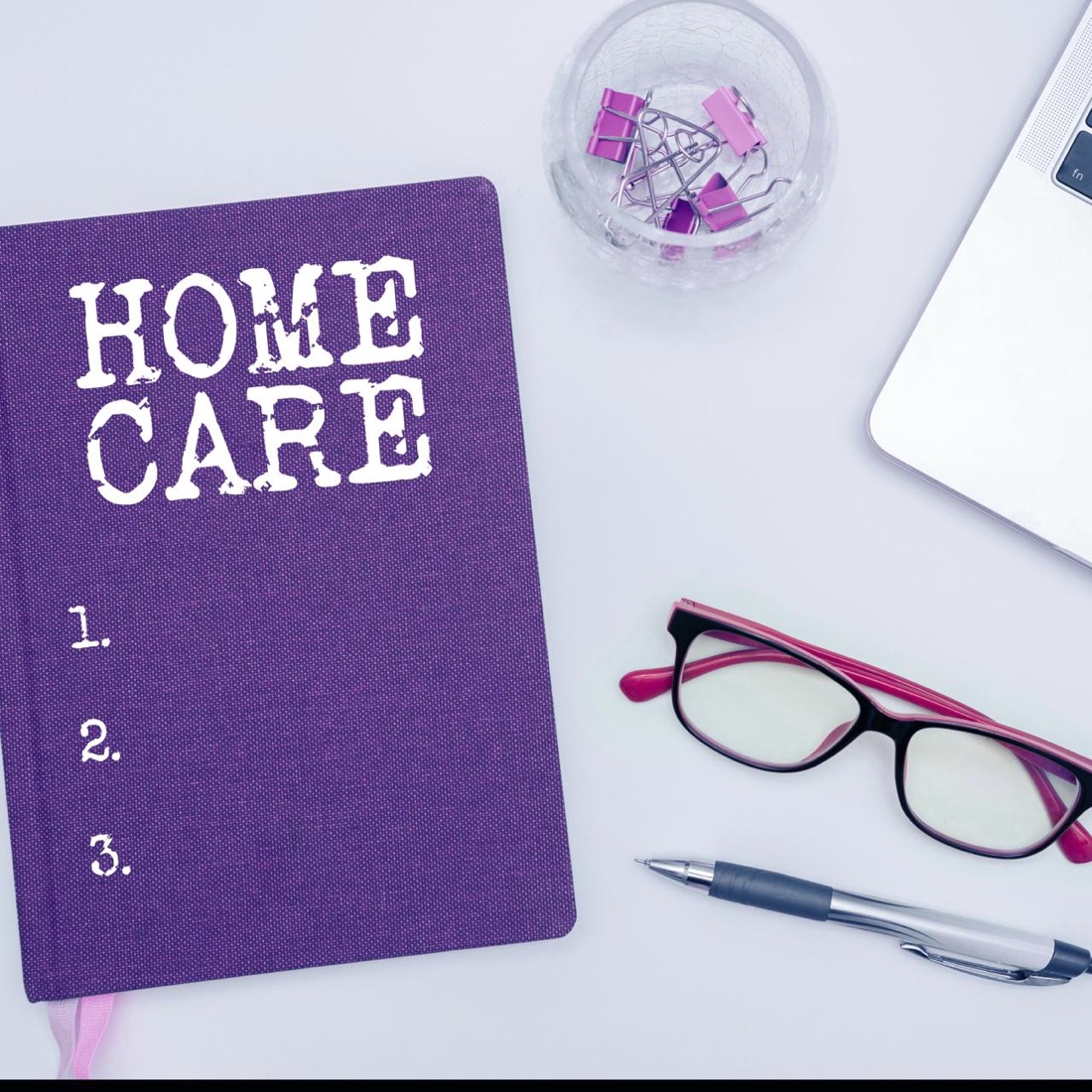
How to Start a Home Care Business Step by Step
Introduction: Why Home Care Is a Growing Industry Across the U.S.
The U.S. has one of the fastest-growing senior populations in the world. Over the next 25 years, the number of Americans aged 65 and older is expected to more than double. And while the need for care is rising, most older adults aren’t looking for nursing homes. They want to stay where they feel most comfortable, at home, with the right support.
That’s where non-medical home care comes in.
Across the country, families are looking for dependable help. Someone to assist their aging parents with daily tasks like bathing, dressing, meal prep, or just staying safe throughout the day. And they’re willing to invest in that help, if they can find someone they trust.
That’s why the demand for home care is rising and why this moment presents a real opportunity. If you're thinking about starting a non-medical home care business, the timing is right. But getting started isn’t as simple as hiring a few caregivers and handing out brochures.
Each state has its own rules, licensing process, and expectations that every agency must meet.
This guide will walk you through how to start a home care business step by step. These are the steps that work, and the ones that will help you build something that lasts.
Step 1: Research Your State’s Home Care Regulations
Every state regulates home care agencies differently. Some require licenses for non-medical home care. Others only regulate agencies offering medical or skilled services. Before you launch, you need to understand the rules in your state.
Start by checking your state’s Department of Health or Department of Human Services website. Look for keywords like “home care license,” “non-medical agency,” or “personal care services.”
What most states require:
-
Completion of a pre-licensure training or orientation program.
-
Application submission through the state’s designated portal or health agency.
-
Designated Administrator and Alternate Administrator (with defined experience or training requirements).
-
Written policies and procedures for client care, caregiver conduct, emergencies, and infection control.
-
Licensing fee (varies by state).
-
On-site inspection or survey before full approval.
For example, states like California, Illinois, and Florida have detailed regulations for non-medical agencies, while others have looser requirements. You cannot begin serving clients until you are fully licensed. Even one visit without a license could lead to serious penalties.
Take time to review your state’s regulations carefully. Everything else depends on it.
Step 2: Choose Your Business Structure
Before you apply for your license, you’ll need to register your business with your state’s Secretary of State. This includes choosing a legal structure.
Most home care agencies choose an LLC, a limited liability company. It’s simple to manage, protects your personal assets, and works well for both solo founders and partnerships.
Other options include:
-
Sole Proprietorship: Easy to set up, but offers no legal protection.
-
Partnership: Useful if you’re starting with someone else (co-founders). But, still limited in protection.
-
Corporation (S-Corp or C-Corp): Offers stronger legal protection, but comes with more rules and paperwork.
What you’ll need to do:
-
Choose a unique business name in your state.
-
File your formation documents online (fee varies by state).
-
Get your EIN (Employer Identification Number) from the IRS.
-
Open a business bank account to keep finances separate.
-
File a DBA (Doing Business As), if operating under a different name than your registered entity.
This sets up the legal foundation for your agency.
Step 3: Obtain Necessary Licenses and Permits
Once your business entity is formed and you’ve met the pre-licensing requirements, you can begin your licensing application.
What the process generally involves:
-
Complete any required training or orientation programs.
-
Create an account with your state’s health care licensing system (if available).
-
Submit your application with all necessary documentation:
-
Training certificate.
-
Business registration documents.
-
Administrator or Alternate Administrator qualifications.
-
Services you plan to offer.
-
Policies and procedures.
-
Licensing fee (amount varies by state).
After submission:
-
Wait for application review.
-
Receive a provisional or temporary license if applicable.
-
Prepare for and pass an on-site survey.
Once your survey is approved, your full license becomes active.
Pro tip: Don’t wait until your inspection is scheduled to get organized. Set up your office and paperwork early.
Step 4: Create a Business Plan and Budget

You’re licensed. But do you have a plan?
Too many home care agencies launch without a clear understanding of their market, their costs, or how they’ll grow. A solid business plan doesn’t need to be long, but it should answer a few key questions:
Know your model:
-
Who will you serve? Seniors, adults with disabilities, veterans?
-
Where will you serve them? One city? Multiple counties? Urban or rural?
-
What services will you offer? Personal care, companionship, live-in care?
-
How will you charge? Hourly rates, flat fees, private pay only, Medicaid?
-
How will you grow? What’s your strategy to scale?
Understand your numbers:
|
Expense |
Estimated Range |
|
Licensing fees |
$500 – $3,000 |
|
LLC or Corp registration |
$100 – $500 |
|
Insurance (first year) |
$1,500 – $5,000 |
|
Policy manual |
$500 – $2,000 |
|
Office setup |
$2,000 – $5,000 |
|
Software |
$100 – $400/month |
|
Marketing + website |
$1,500 – $5,000 |
|
Payroll (3–6 months) |
Depends on team size |
Total estimated startup: $40,000–$100,000
You don’t need to spend at the high end, but you do need to plan for slow months in the beginning. Clients don’t come overnight.
Step 5: Set Up Office, Hire Caregivers, and Implement Software
Now, you’re building your foundation.
Office setup
You don’t need a big space, but your office should be clean, secure, and operational. States that require inspections will look for:
-
Locked or encrypted storage for client files.
-
A phone system that can take calls reliably.
-
Printed or digital access to agency policies.
-
A quiet, organized workspace
Hiring caregivers
This is where your reputation starts. Most states require background checks, including:
-
State and national background checks.
-
erification of eligibility to work in the U.S.
-
Orientation and ongoing training.
-
Reference checks and personnel files.
Even for non-medical care, families expect professionalism, training, and trust. Your caregivers are the face of your business, don’t cut corners.
Use the right home care software
At minimum, you’ll need tools to:
-
Schedule visits .
-
Track hours and care notes.
-
Manage care plans.
-
Process payroll.
-
Handle billing or invoicing.
Top-rated home care software options include AxisCare, AlayaCare, ClearCare (WellSky), and CareSmartz360. Choose what fits your needs and budget.
Step 6: Develop a Marketing Strategy to Attract Clients

Your license is active. Your team is ready. Now, you need clients.
Marketing in home care is about visibility and trust.
Start with your presence:
-
Create a simple, professional website.
-
Set up a Google Business Profile so people in your area can find you.
-
Make sure your business name, phone, and address are consistent across all platforms.
Build referral relationships:
Most of your clients will come through referrals. Reach out to:
-
Hospitals and discharge planners
-
Skilled nursing and rehab facilities
-
Hospice and home health agencies
-
Elder law attorneys and social workers
-
Senior centers and geriatric care managers
Don’t expect referrals on the first visit. Build trust first. Drop off materials, follow up, and be consistent.
Focus on your reputation:
-
Ask satisfied families for reviews on Google.
-
Collect testimonials you can use on your website.
-
Return calls quickly. Follow through. Be dependable.
Home care is personal. People hire based on trust, and trust is built through every small interaction.
Step 7: Stay Compliant with Your State’s Regulations
You’re open. But now comes the long game.
States expect you to:
-
Keep client and caregiver files Up-to-date.
-
Document services and visits properly.
-
Maintain administrator and caregiver training.
-
Follow your written policies and procedures.
-
Prepare for unannounced inspections.
Create a rhythm early: monthly file checks, quarterly team meetings, regular audits. The agencies that run into trouble aren’t usually dishonest, they’re just disorganized.
If you build systems now, you won’t have to panic later.
Conclusion
Starting a home care agency is a big commitment. You’ll need patience, structure, and a real desire to serve. But you don’t need to guess.
You now have a clear, step-by-step plan to launch your business legally, confidently, and with care. Every part of the process matters. From compliance and caregiver training to building a trusted presence in your community. It all adds up to the kind of business families can rely on.
Will there be challenges? Yes. But they’re the kind you can prepare for. The kind you can overcome. What matters most is how you show up: with consistency, integrity, and the willingness to do things right.
You’re not just starting a business. You’re creating something that matters. Step by step, you’ll get there. And when you do, your work will speak for itself.